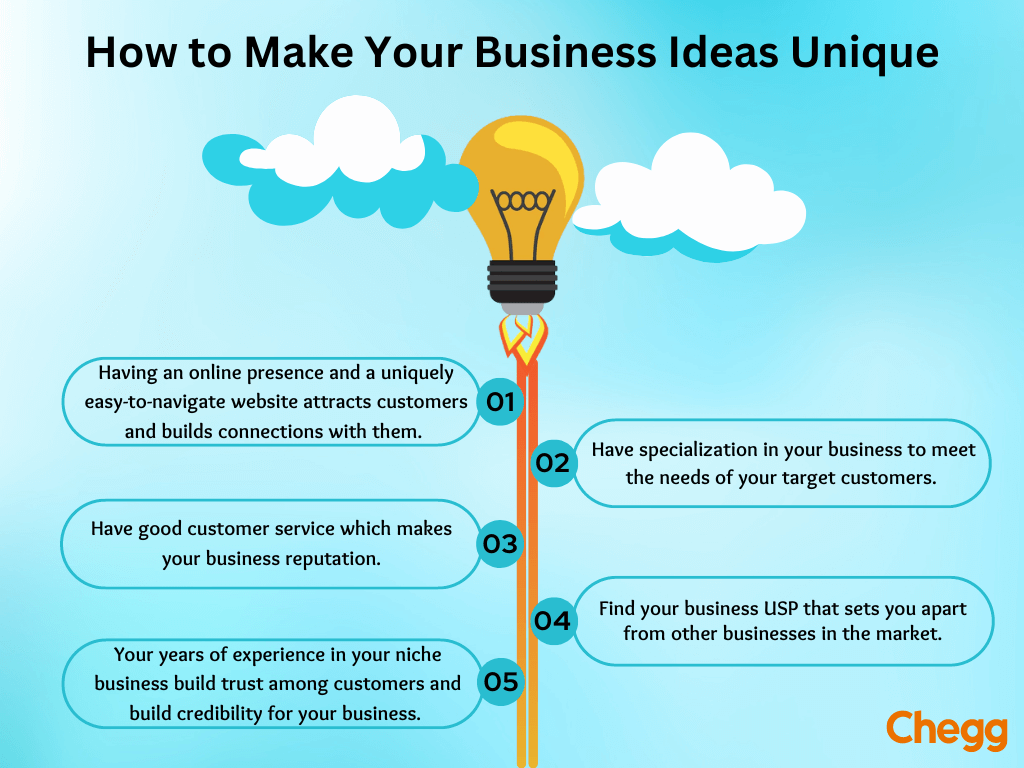I Have A Business Idea Who Do I Speak To

Got a burning business idea? Don't let it simmer – immediate action is crucial. Connecting with the right resources can make or break your entrepreneurial journey, so understanding who to speak to first is paramount.
Navigating the complex world of startups can be daunting. This article cuts through the noise, providing a direct path to the experts and resources you need to bring your vision to life, quickly and efficiently.
Initial Steps: Self-Assessment and Market Research
Before pitching to anyone, critically evaluate your idea. Is it truly solving a problem? Honest self-assessment is the bedrock of a successful venture.
Conduct thorough market research. Who are your potential customers? What are your competitors doing?
Leverage free online tools like Google Trends and industry reports from the Small Business Administration (SBA) to gain insights. Data-driven decisions are vital.
Mentors and Advisors: Gaining Early Feedback
Seek out experienced mentors. Services like SCORE (Service Corps of Retired Executives) offer free mentoring from seasoned business professionals.
Tap into your existing network. Former colleagues, industry contacts, and even university alumni can offer invaluable advice.
Their feedback can help refine your idea and identify potential pitfalls before investing significant resources.
Small Business Development Centers (SBDCs): A Local Resource Hub
SBDCs are a crucial resource for aspiring entrepreneurs. Find your local SBDC through the SBA website; these centers provide free or low-cost business consulting and training.
They can assist with business plan development, market analysis, and access to funding opportunities.
SBDCs often have strong ties to the local business community and can connect you with relevant resources.
Angel Investors and Venture Capitalists: Securing Funding
If your idea requires significant capital, consider angel investors or venture capitalists (VCs). Angel investors are individuals who invest their own money in early-stage companies.
VCs manage funds from institutional investors and typically invest in companies with high-growth potential. Prepare a compelling pitch deck highlighting your business model, market opportunity, and financial projections.
Platforms like Gust and AngelList connect startups with investors.
Legal and Financial Professionals: Ensuring Compliance
Consult with a lawyer to understand the legal implications of your business. Choosing the right business structure (sole proprietorship, LLC, corporation) is crucial for liability protection and tax purposes.
Engage with a certified public accountant (CPA) to manage your finances effectively. They can help with budgeting, forecasting, and tax compliance.
Ensuring legal and financial compliance from the outset can save you significant headaches down the road. Don’t underestimate this step.
Crowdfunding: Testing the Waters
Consider crowdfunding platforms like Kickstarter or Indiegogo to raise capital and validate your idea. Crowdfunding allows you to pre-sell your product or service and gauge market demand.
A successful crowdfunding campaign can attract further investment and build a loyal customer base.
It can also serve as a valuable market research tool.
Incubators and Accelerators: Structured Support
Incubators and accelerators provide structured programs to help startups grow. Incubators typically offer office space, mentorship, and access to resources.
Accelerators offer intensive, short-term programs focused on rapid growth and investor readiness. Programs like Y Combinator and Techstars are highly competitive but can provide immense value.
Research and apply to programs that align with your industry and business stage.
Next Steps: Prioritize Action and Network Strategically
Begin by contacting your local SBDC or SCORE chapter. These resources offer free guidance and can help you navigate the next steps.
Attend industry events and networking opportunities. Building relationships is key to success.
Remember, taking action is paramount. Don't be afraid to reach out, ask questions, and learn from others. Your business idea's success depends on it.


















